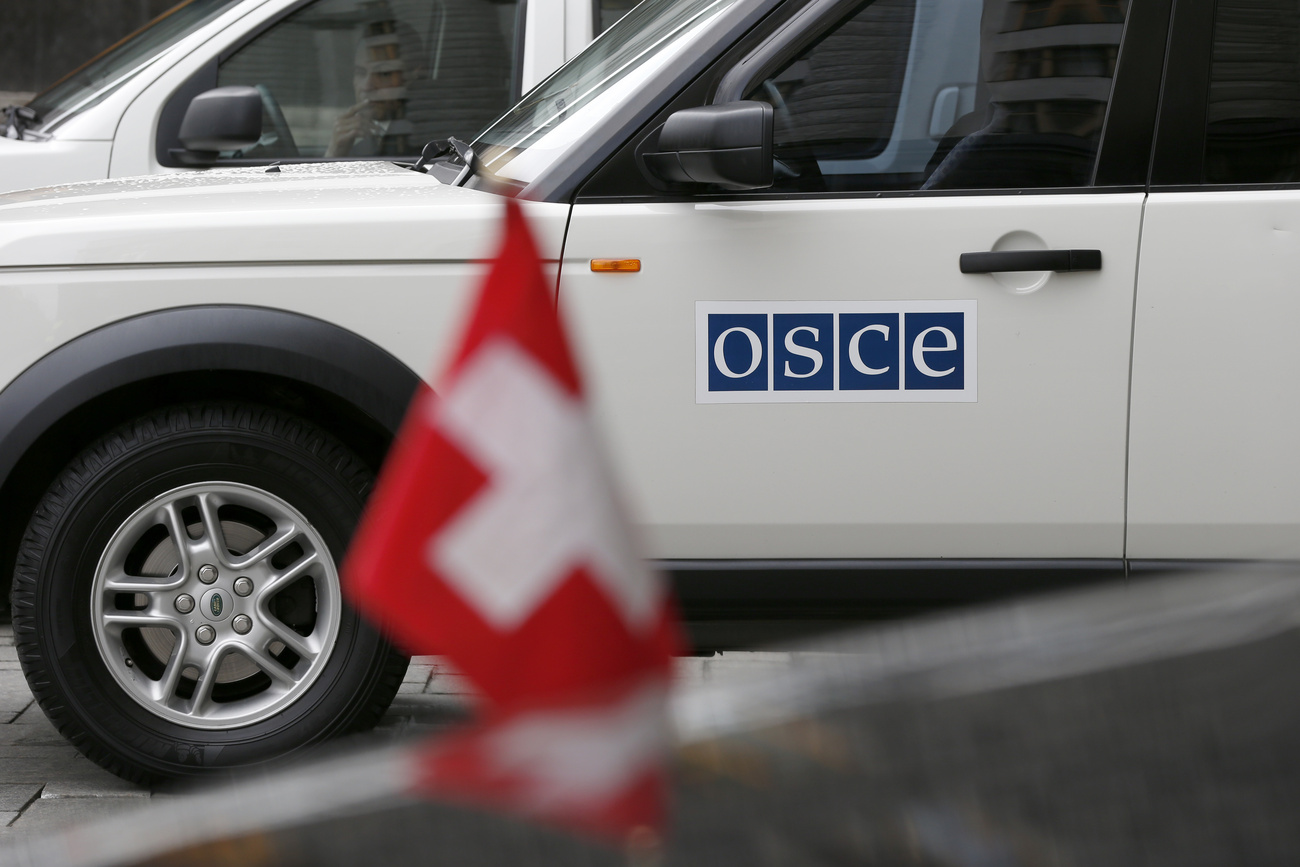
What shifting the clocks really changes

When Switzerland turns its clocks back on Sunday night, it’s not just sleep patterns that shift. Scientists have found that the biannual clock change influences everything from hospital admissions to judicial decisions. The measure, however, was never really about timekeeping to begin with.
+ Get the most important news from Switzerland in your inbox
The time change was embraced by Switzerland to save electricity. During the oil crisis in the 1970s, many countries were looking for ways to use energy more efficiently. By setting the clock one hour forward in summer, less artificial light would be needed in the evening. The idea was that this would reduce electricity consumption and reduce dependence on expensive energy imports.
Controversial electricity savings
However, there is controversy among scientists as to whether the time change really saves electricity. An analysis by the US Department of Energy concluded back in 2008 that the savings were “hardly statistically verifiable”. A study by the Office of Technology Assessment (TAB) commissioned by the German Bundestag came to the same conclusion in 2016 after analysing numerous studies on the subject.
However, a research team from the Swiss Federal Laboratories for Materials Science and Technology (Empa) came to a different conclusion in a study published in the journal “Environmental Research Letters” in 2023. According to the study, up to 6% of cooling energy can be saved in office buildings by finishing work earlier. Although the heating requirement in the morning is slightly higher on average due to the earlier start to work, the savings in cooling clearly outweigh this effect.
Sleep and health
On the other hand, scientists agree on the effect of the time change on sleep. According to sleep research, the change disrupts the so-called circadian rhythm, the body’s natural 24-hour cycle, which regulates important functions such as appetite, mood and sleep.
According to several studies, this increases the risk of heart attacks, strokes and suicides. The time change also has a measurable impact on health in Switzerland: According to an analysis published by the Federal Statistical Office (FSO) in September, 3.5% more patients end up in an emergency on the day after the changeover to winter time than usual, and even 6.5% more when the changeover to summer time takes place.
More forest fires due to time change
Wildlife also suffers from the time change. Many animals are overwhelmed by the sudden change in traffic volume. Due to the changeover, commuter traffic abruptly falls back into the twilight period – precisely when roe deer, stags and wild boar are particularly active. The risk of collisions increases accordingly.
Studies have also found correlations between the time change and other areas of life – such as crime, road accidents, the performance of schoolchildren and even the frequency of forest fires.
According to a study published in the journal “Science of the Total Environment” in 2020, there are an average of around one hundred additional forest fires in the USA every year because people light fires after the changeover at times when the risk of forest fires is particularly high.
Stricter judges and weaker financial markets
According to the research, the time change also has an impact on how people make decisions. Among other things, this leads to judges becoming stricter. A study by US researchers published in the journal “Psychological Science” in 2016 came to the conclusion that, on average, longer prison sentences are handed down on the Mondays after the time change than on other Mondays. The study was conducted for the time change in spring.
Even the financial markets are not unaffected. Researchers from Canada found that stock markets tend to perform weaker on the Monday after a time change – regardless of whether the clock is set forward or back.
In a study published in the American Economic Review in 2003, price trends were compared in several countries that changed their clocks on different dates. After controlling for other influencing factors, there was a significant decline in returns immediately after the time change.
Translated from German by DeepL/ds
We select the most relevant news for an international audience and use automatic translation tools to translate them into English. A journalist then reviews the translation for clarity and accuracy before publication.
Providing you with automatically translated news gives us the time to write more in-depth articles. The news stories we select have been written and carefully fact-checked by an external editorial team from news agencies such as Bloomberg or Keystone.
If you have any questions about how we work, write to us at english@swissinfo.ch

In compliance with the JTI standards
More: SWI swissinfo.ch certified by the Journalism Trust Initiative




























You can find an overview of ongoing debates with our journalists here . Please join us!
If you want to start a conversation about a topic raised in this article or want to report factual errors, email us at english@swissinfo.ch.